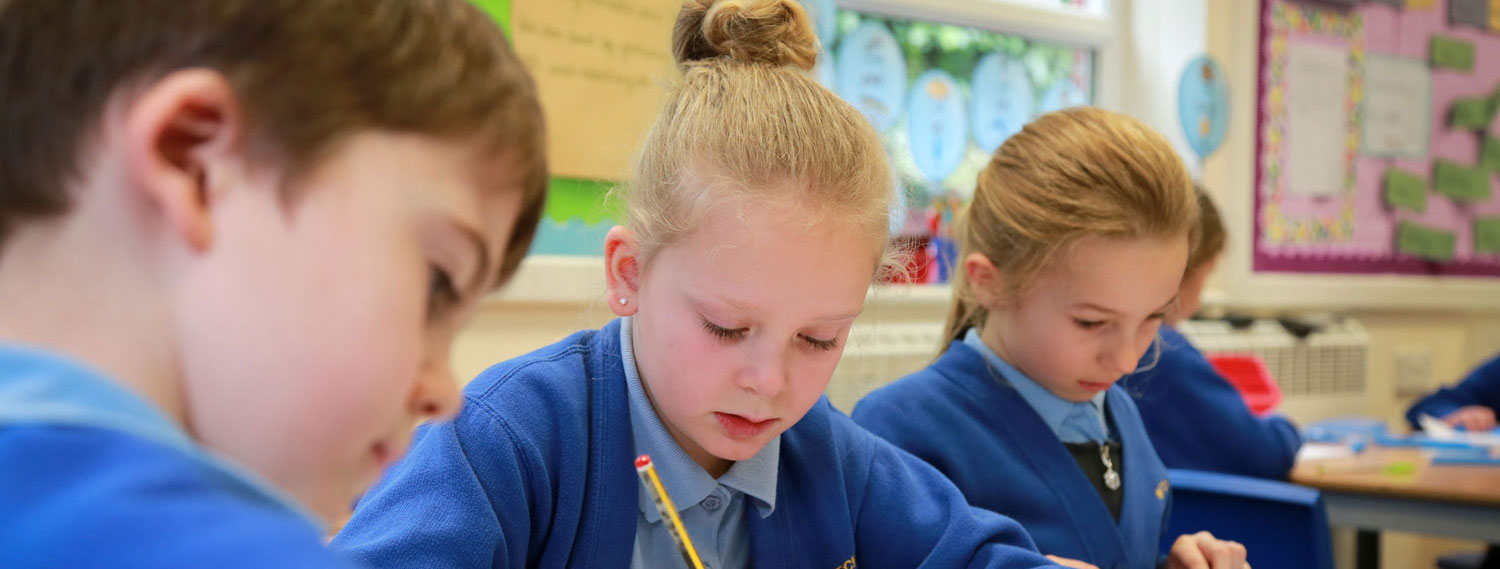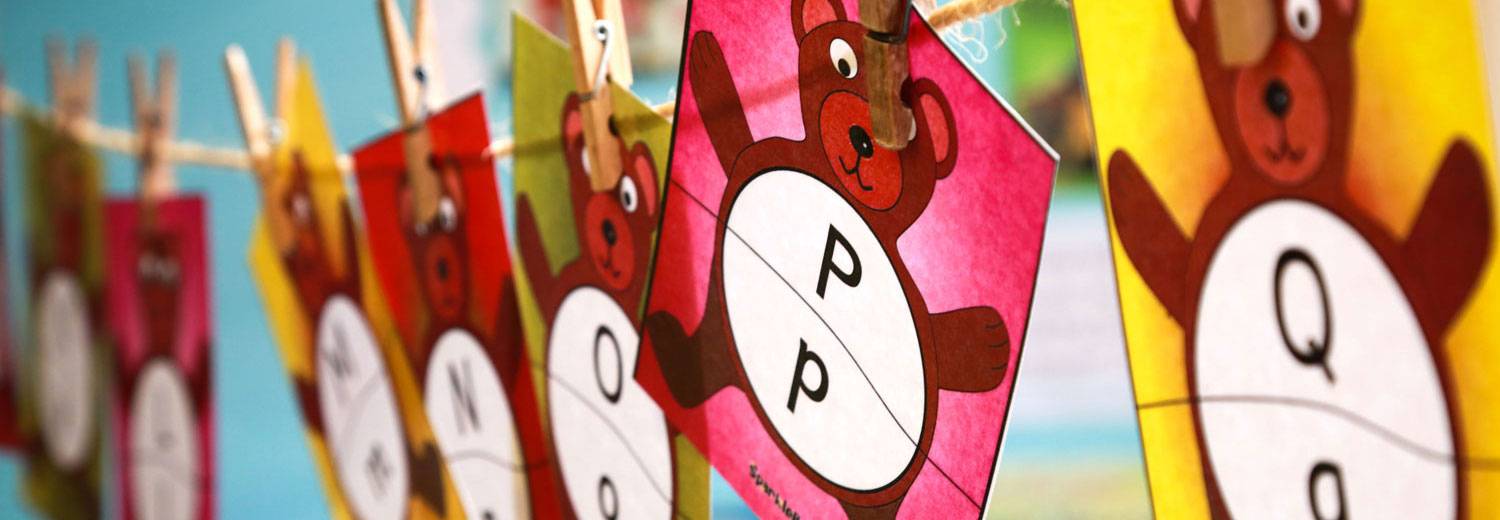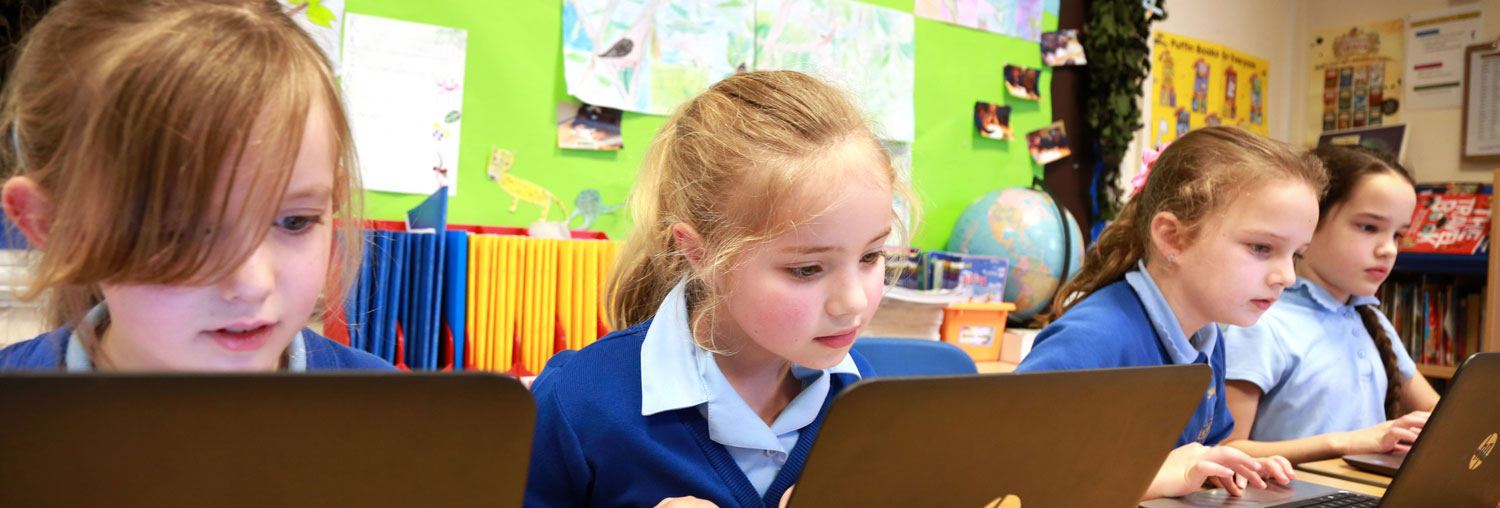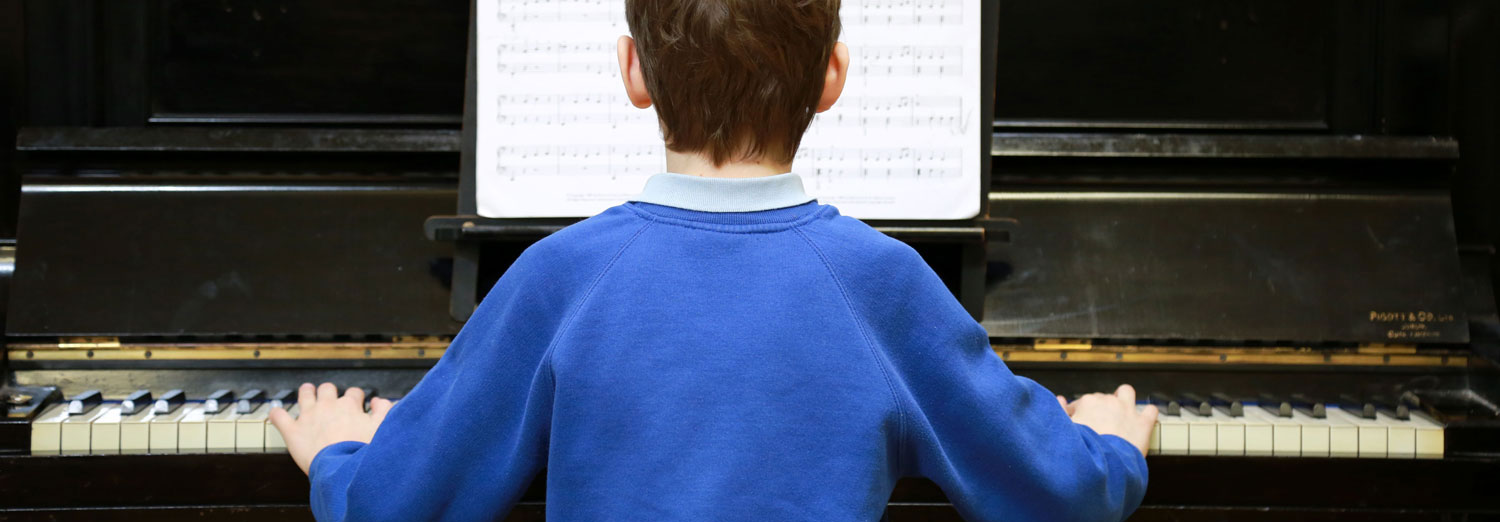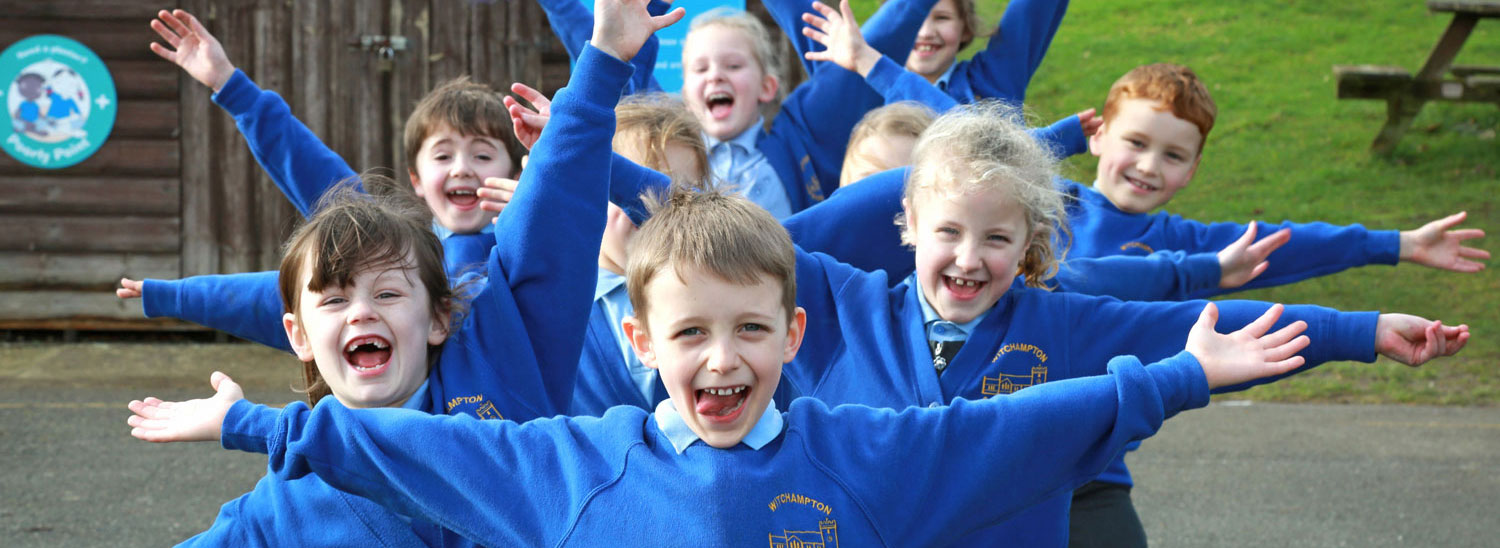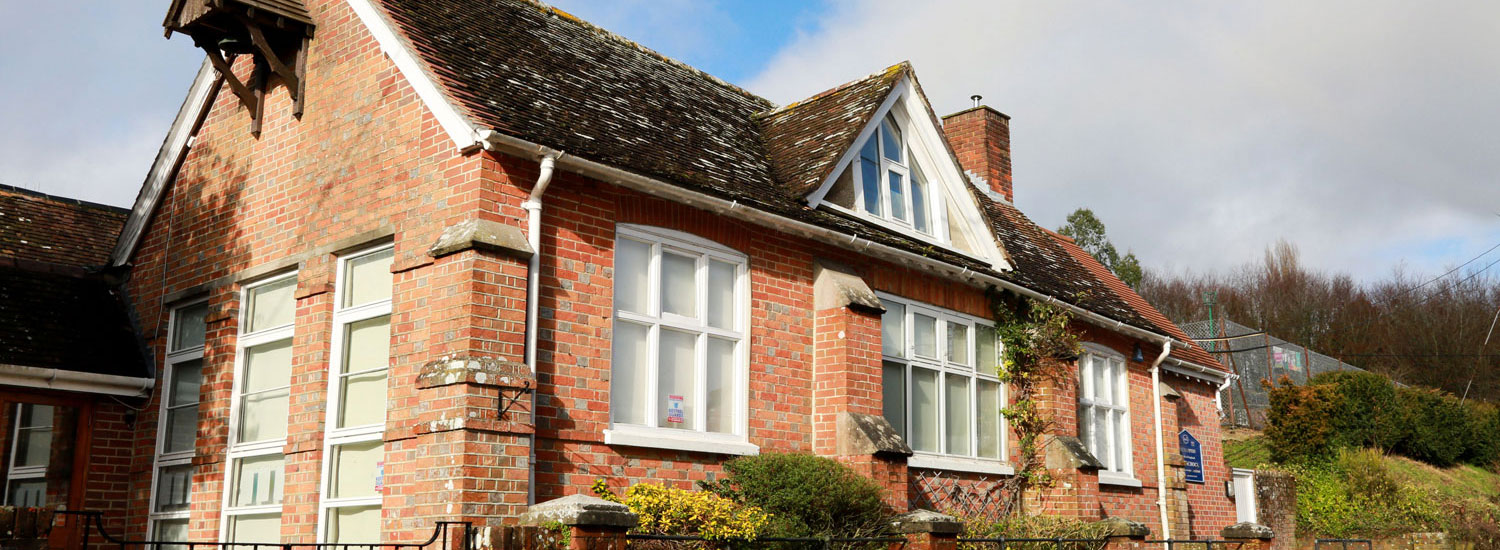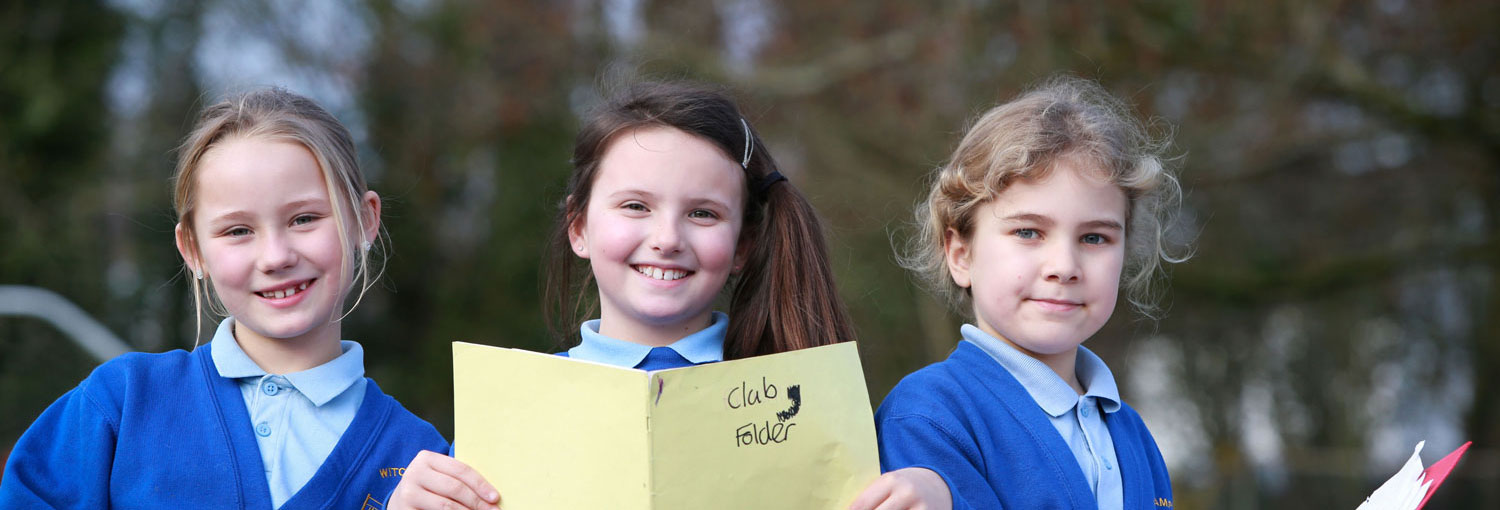English
We teach our children using a variety of teaching and learning styles to broaden their vocabulary and use language as effectively as they can in a wide variety of situations, as detailed in the revised framework for English. The children are introduced to a range of fiction and non-fiction texts, such as stories, plays and poetry. English is often taught through other curriculum subjects. Our children will be encouraged to read widely, but also make informed choices about the types of books that they enjoy reading to maximise the pleasure that they gain from reading.
Speaking and Listening
Formal and informal opportunities are provided for children to develop the skills of speaking and listening, through class and group discussions, question and answer sessions, Circle Time, sharing time, reading and performing aloud, active listening to a range of texts including classic and contemporary children’s fiction, poetry, playscripts and media presentations.
Reading
Reading regularly with children at home and practising early phonics skills increases their confidence in reading and leads to confidence in the development of writing.
In Reception and Key Stage 1 we use Unlocking Letters and Sounds to teach phonics. Please click here for further information about how we teach phonics at Witchampton. To support the development of reading, we have three main reading schemes, these are: Ransom Reading Stars Phonics, Project X and Phonic Bugs.
It is our aim that all children to have timetabled access to the library once a week. With the assistance of an adult, the children can borrow a book from the fiction or non-fiction collection to read at home. We encourage membership of the local libraries and participation in the annual summer reading challenge. Opportunities to take part in bedtime story times, book days and book weeks, buddy reading sessions and book fairs are planned into the year.
Writing
Children are taught the skills of writing through a range of tasks, all of which have a clear purpose to the children. These include narrative accounts, diary entries, reports, explanations, letters, stories, playscripts, poetry and more! The skills of composition, including the choice of vocabulary and the use of punctuation, spelling and grammar are given due emphasis as appropriate to the purpose of each task. Children are encouraged to consider how each piece of writing might be improved, and are often given opportunity to redraft and enhance their work.
Links - Please click to open
BBC schools - learning literacy
Oxford Owl
Literacy Trust - read with your children
Free children's e-books
Writing stories
Tips for creative writing
Roald Dahl
Cressida Cowell
Michael Morpurgo
Julia Donaldson


